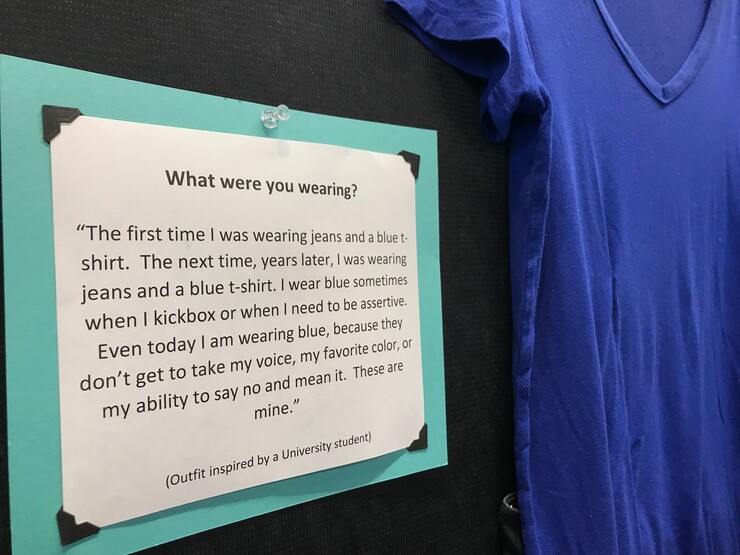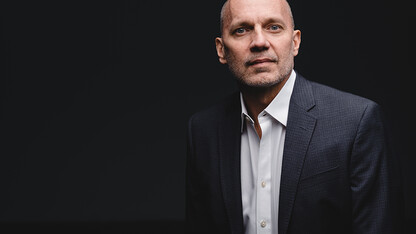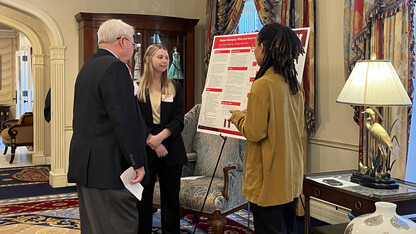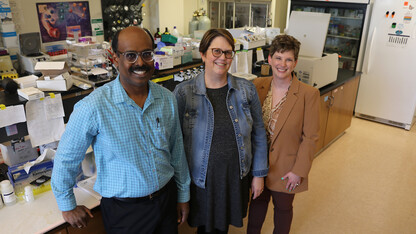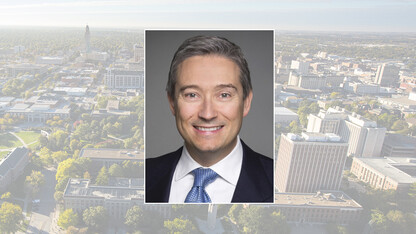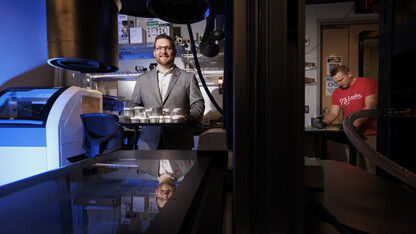· 4 min read
Longtime victim advocate talks about campus work, education, outreach
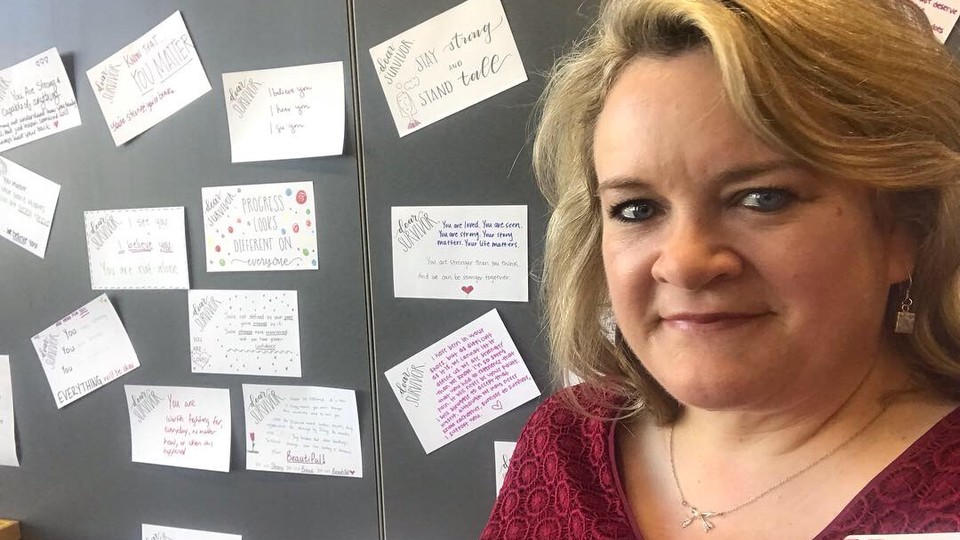
Melissa Wilkerson is wrapping up her first year as a victim advocate in the University of Nebraska-Lincoln’s Center for Advocacy, Response and Education.
The center has moved into the third floor of Nebraska Union, and Wilkerson said a second advocate will join the team in the near future. Recently, she sat down with Nebraska Today to discuss her work on campus, her background and why outreach and education are an important piece of CARE’s mission.
Can you share a bit about your history in advocacy, and why you wanted to do this type of work?
I was introduced to advocacy work my sophomore year in college at Emporia State University. Someone from the local women’s shelter came in and talked with our class, and there was an opportunity to get trained as a volunteer to work at the shelter. It really interested me. This opportunity just really spoke to me. I signed up and went through the training and started working as a volunteer at the shelter.
After graduation I moved to Colorado and again volunteered at a domestic violence shelter until I began working at the District Attorney’s Office, eventually taking a job as an advocate there for a number of years until my family moved to Lincoln in 2014.
When we moved here I took a break from advocacy work, but I missed it. When this job came open, I realized this was a really good fit for me. This position allows for a survivor-centered approach, whereas with the district attorney’s office, the prosecutor was making the decisions, and that wasn’t always what the victim/survivor wanted. This position allows me to focus on the what the survivor wants and needs and support them in their decisions.
What is your guiding philosophy when working with victims?
I focus on personalized advocacy, because every situation is unique, and every response is individual. My goal is to address the individual and personal needs by listening to learn about concerns and needs, such as safety, academic, housing and health, among others. I connect survivors with campus and community resources, and will support the decisions that are made.
Are college students a more specialized group than you’ve worked with before? If so, have you had to change your approach at all?
The biggest difference is the outreach and education piece that wasn’t present in my previous position. In August, we engaged with more than 2,200 students, faculty and staff through outreach, education and presentations. The more outreach we do, the more people will know about our services and hopefully they will call when they need help. Our outreach efforts also focus on educating the campus to help prevent sexual and relationship violence.
We have events planned in October for Domestic Violence Awareness Month and World Without Violence Week. April is also an important month for us, as it is Sexual Assault Awareness Month. In April 2019, we hosted “What Were You Wearing?,” a survivor art installation. This was very well received and we are planning to make it an annual event to keep the conversations going.
What can a student expect walking into the Center for Advocacy, Response and Education?
We hope CARE is a space where people can feel safe and comfortable talking about things that are oftentimes very uncomfortable. They will not be judged; they will be supported. They can expect that anything shared with me is confidential. I do not have any obligation to report to police or to Title IX.
They will be met with someone who is going to listen and is going to believe them.
If you had to boil it down, what do you really want students to know?
What I want students to know that what happened is not your fault, and you don’t have to go through this alone. If you’re looking for a place you can share your story, process feelings and reactions, or get help navigating resources and reporting options, that’s what I’m here for.
